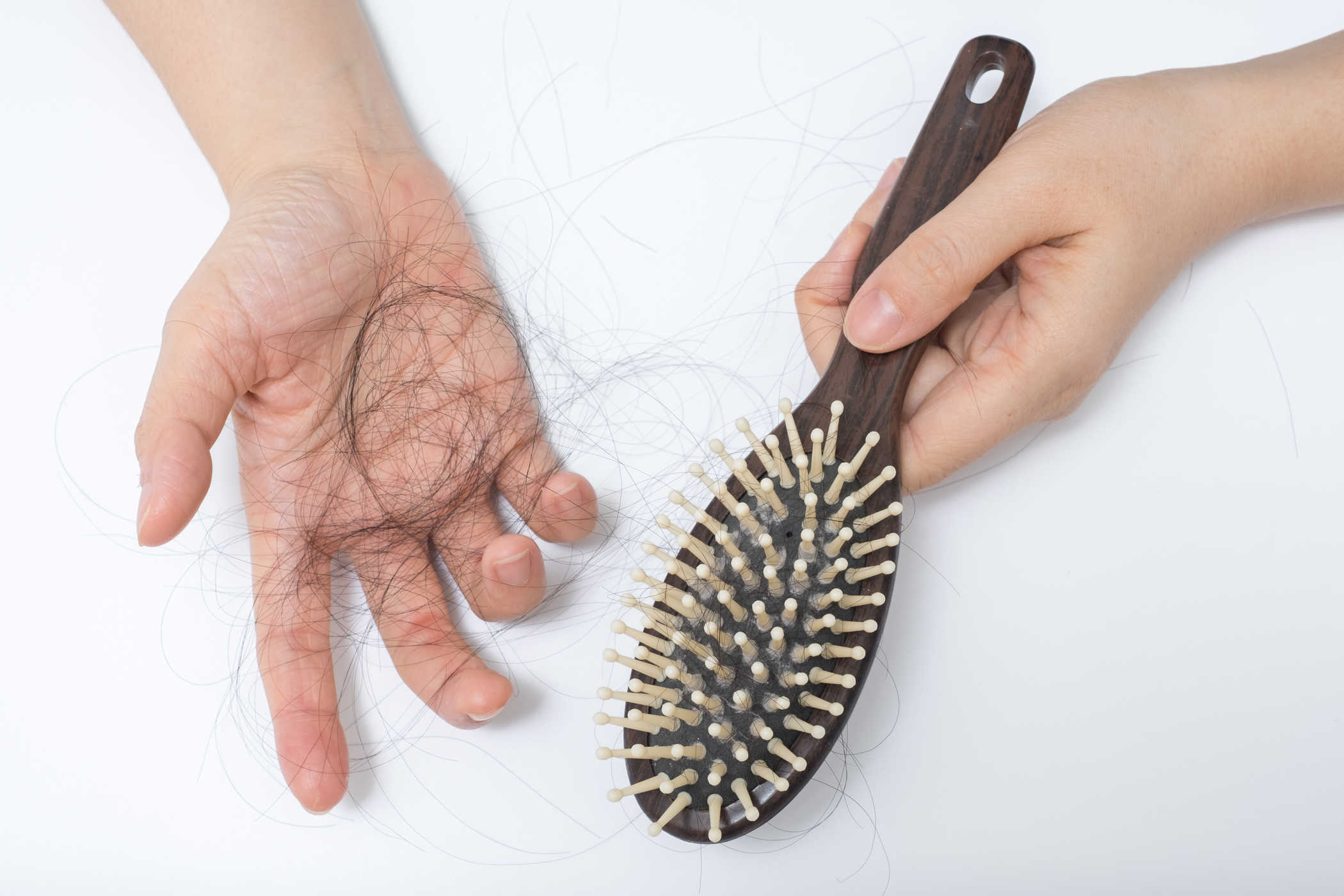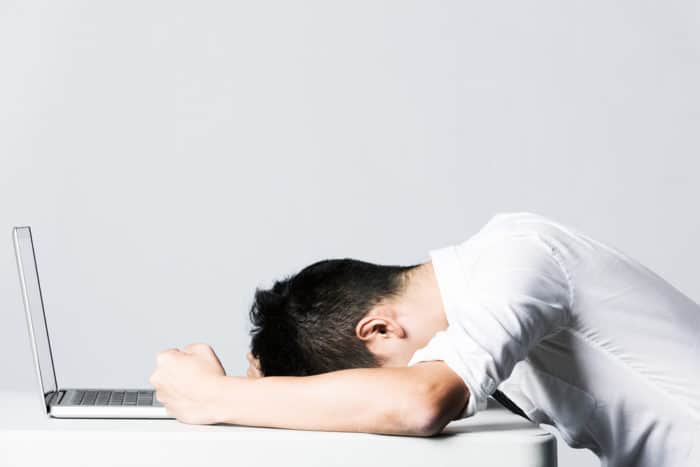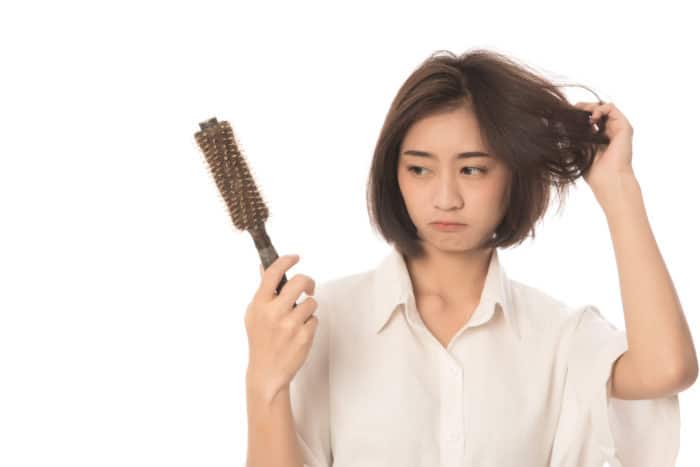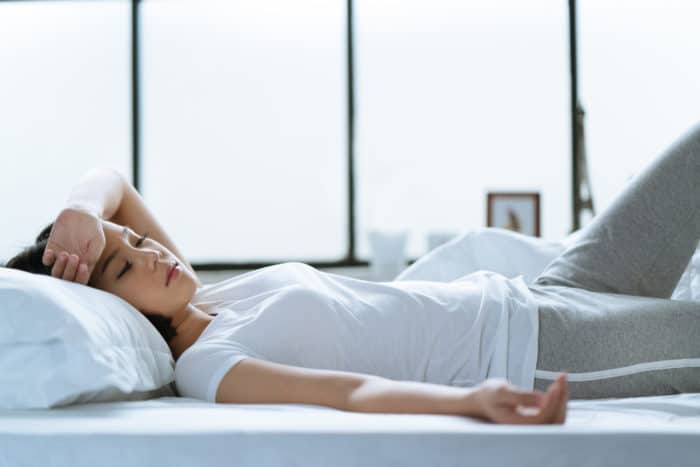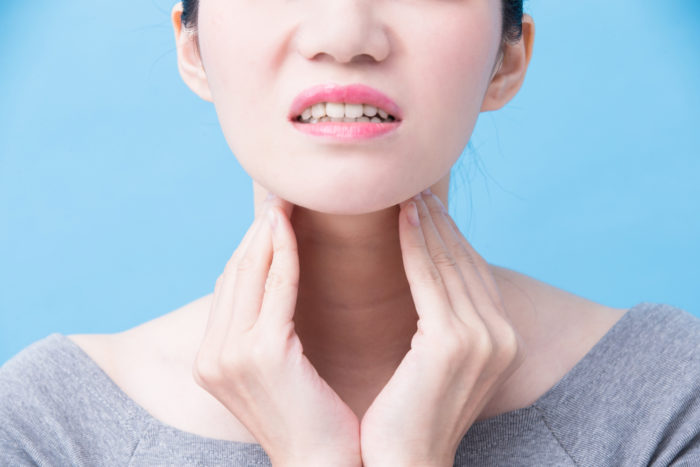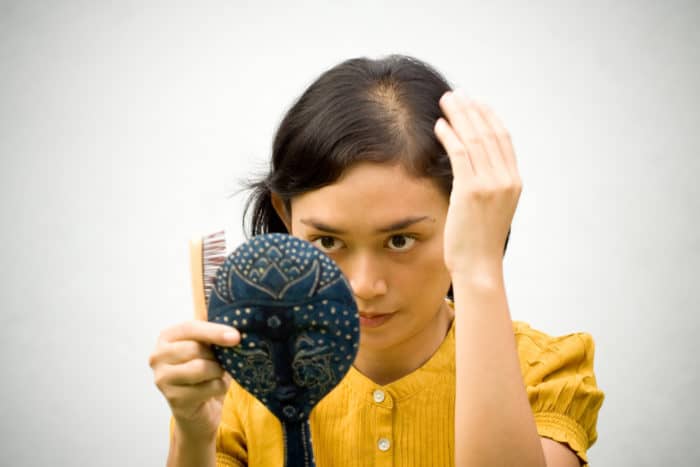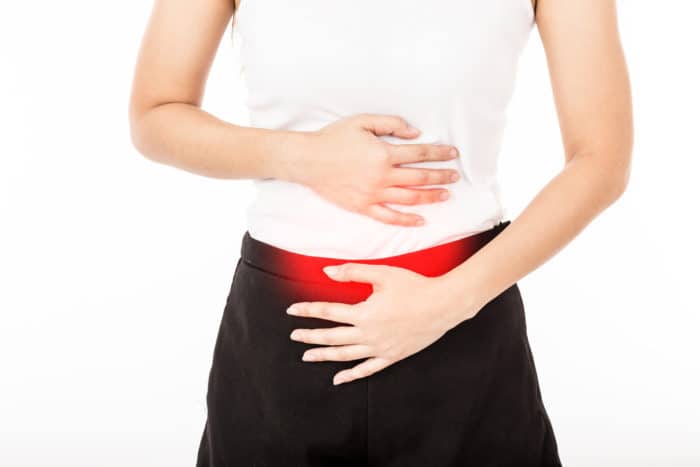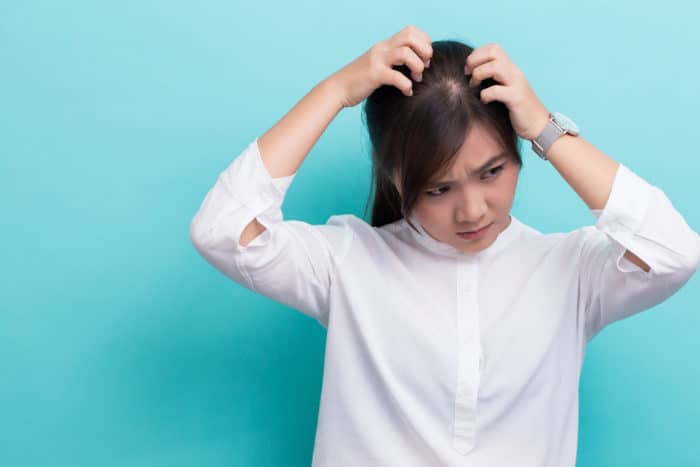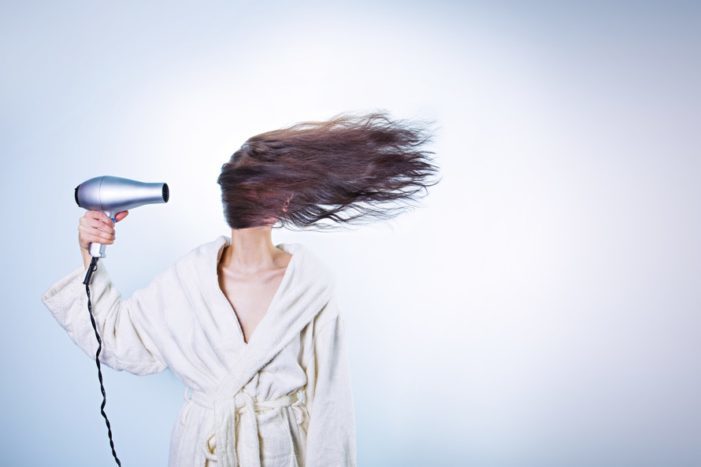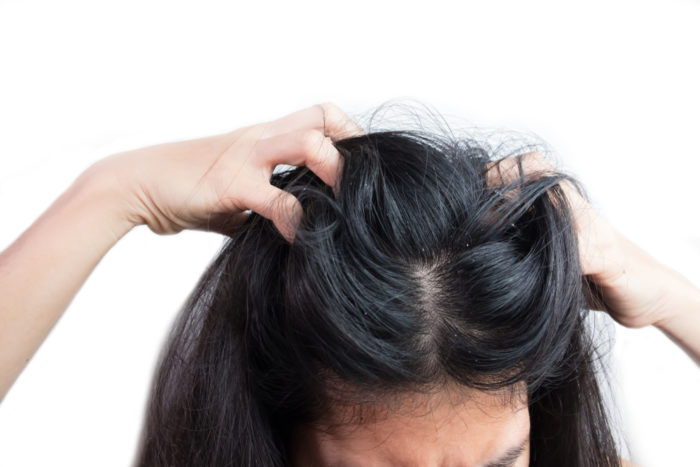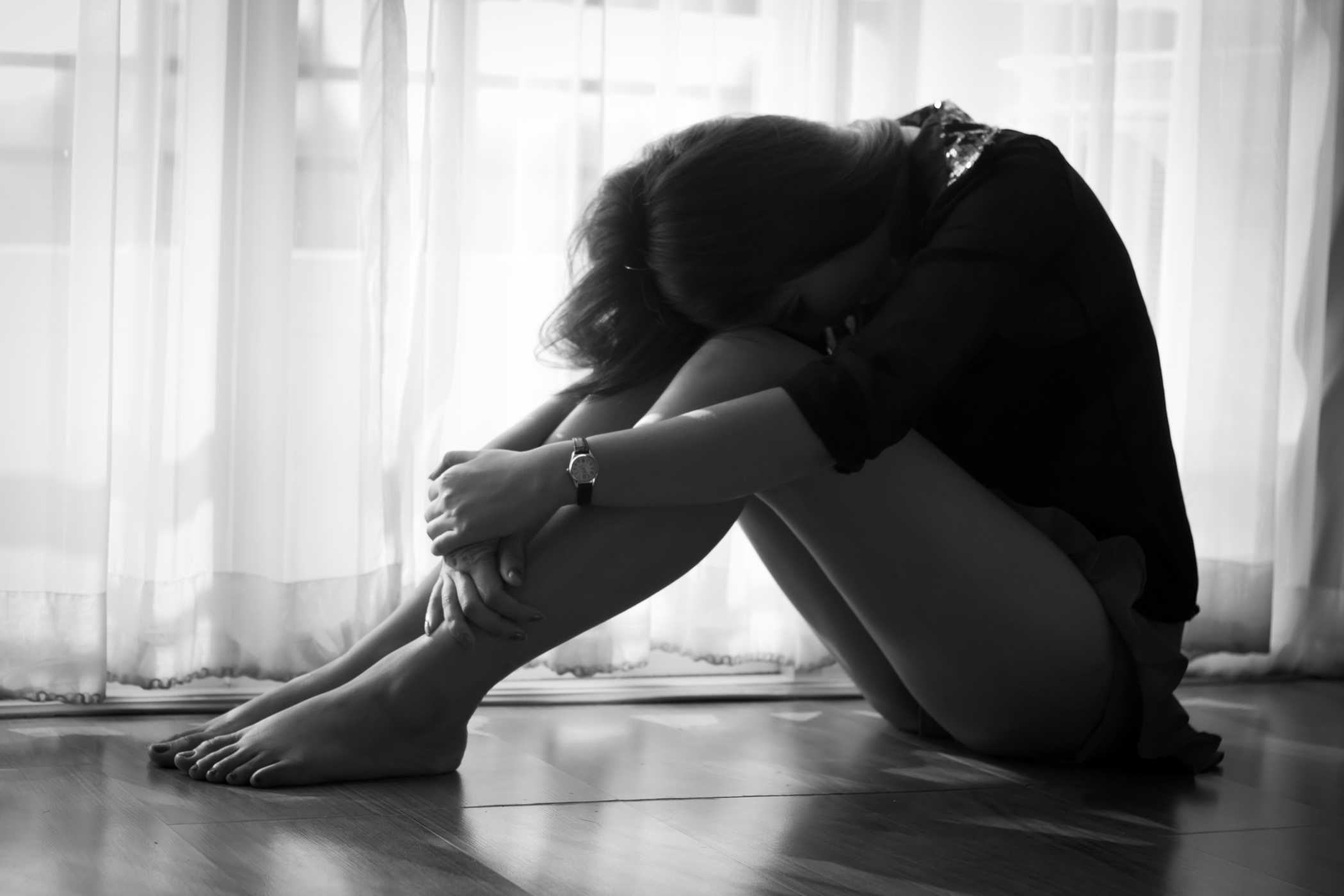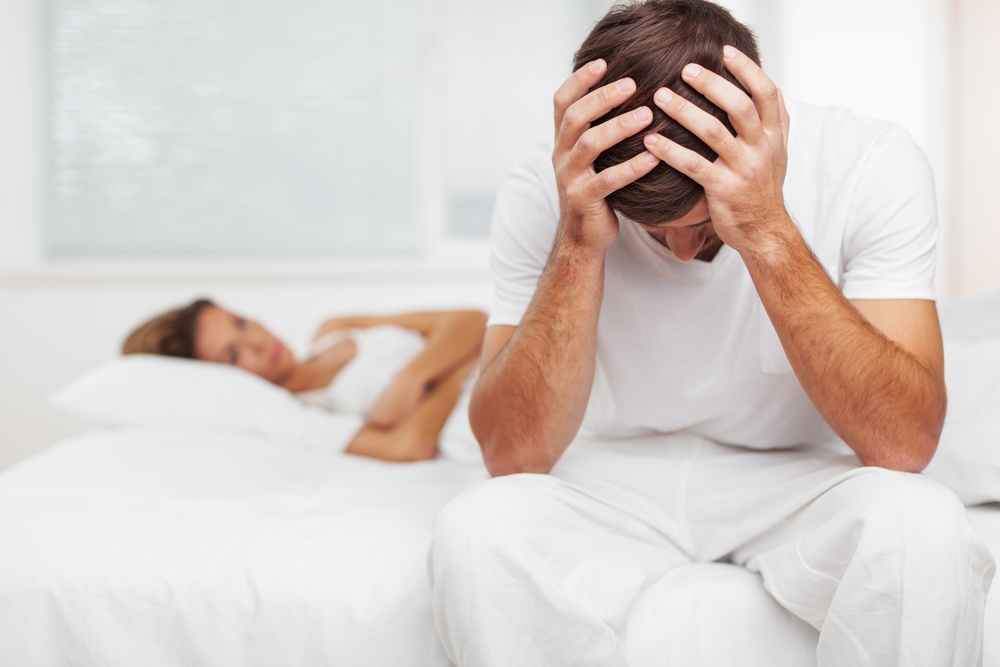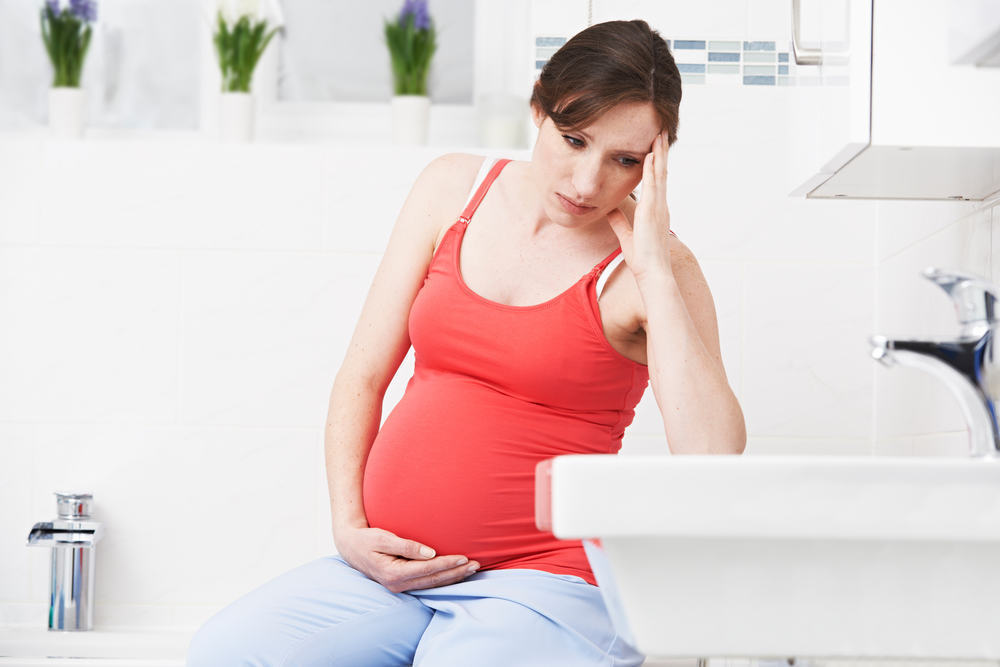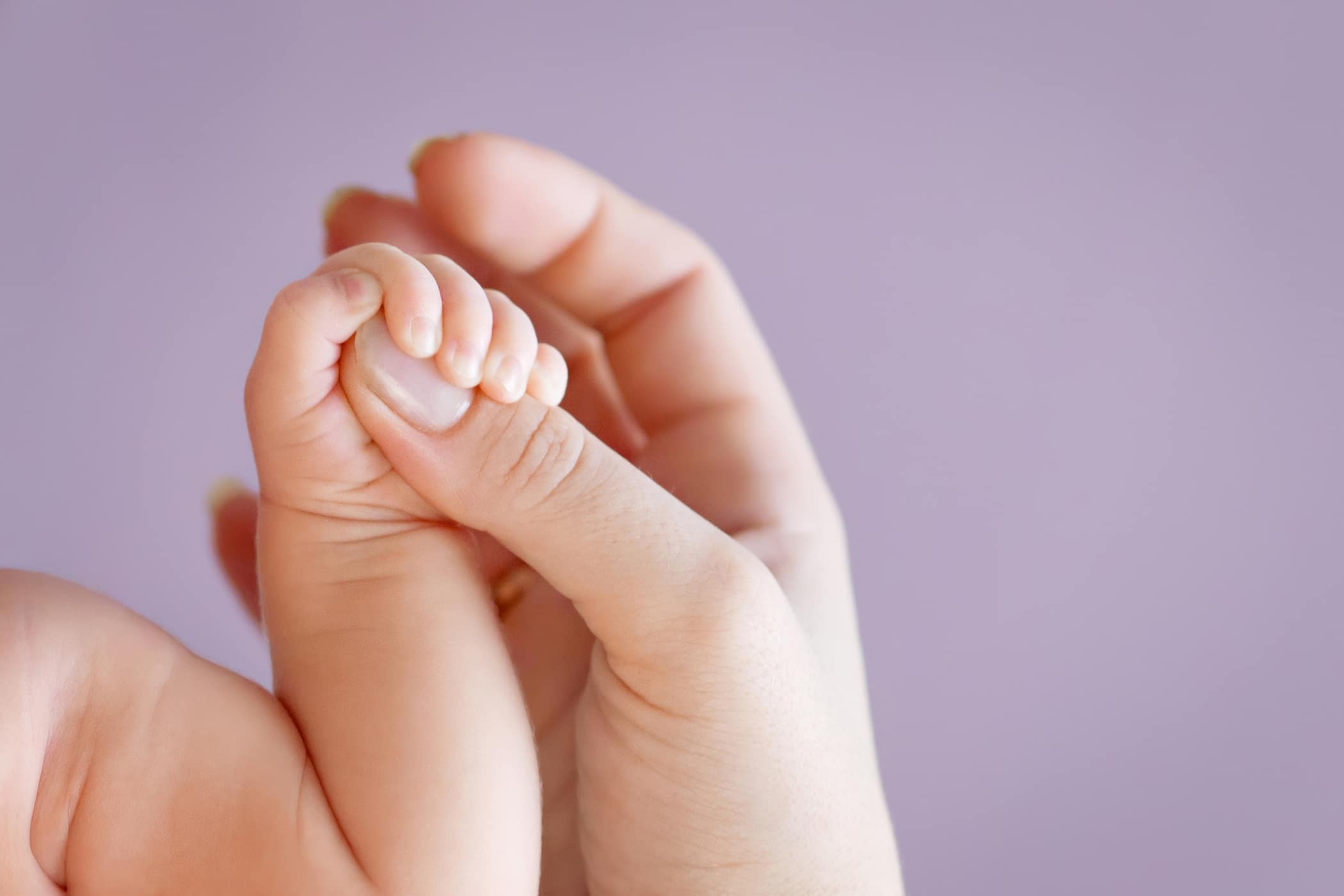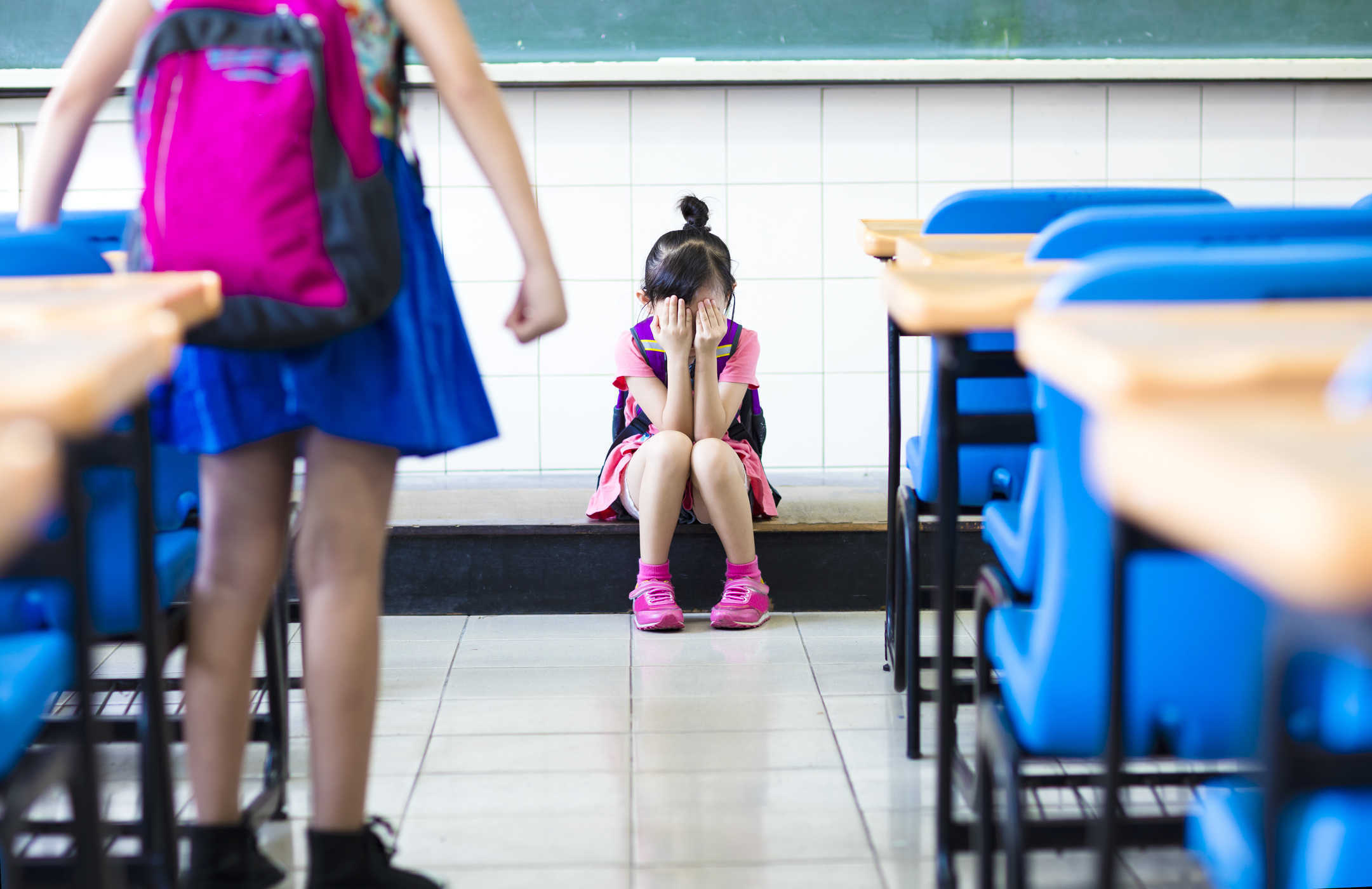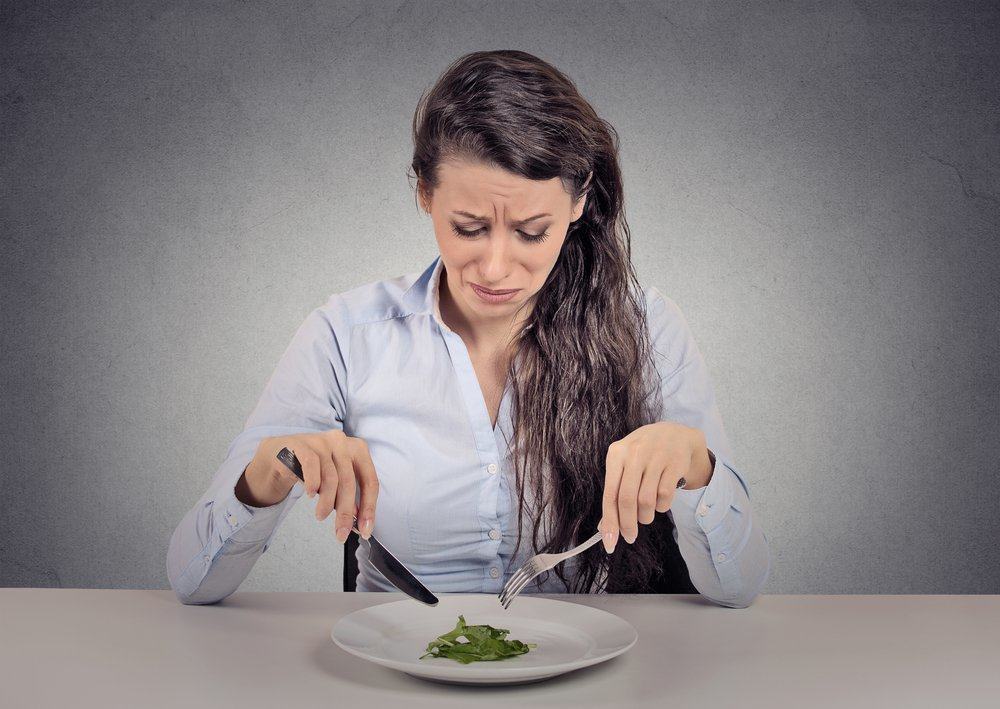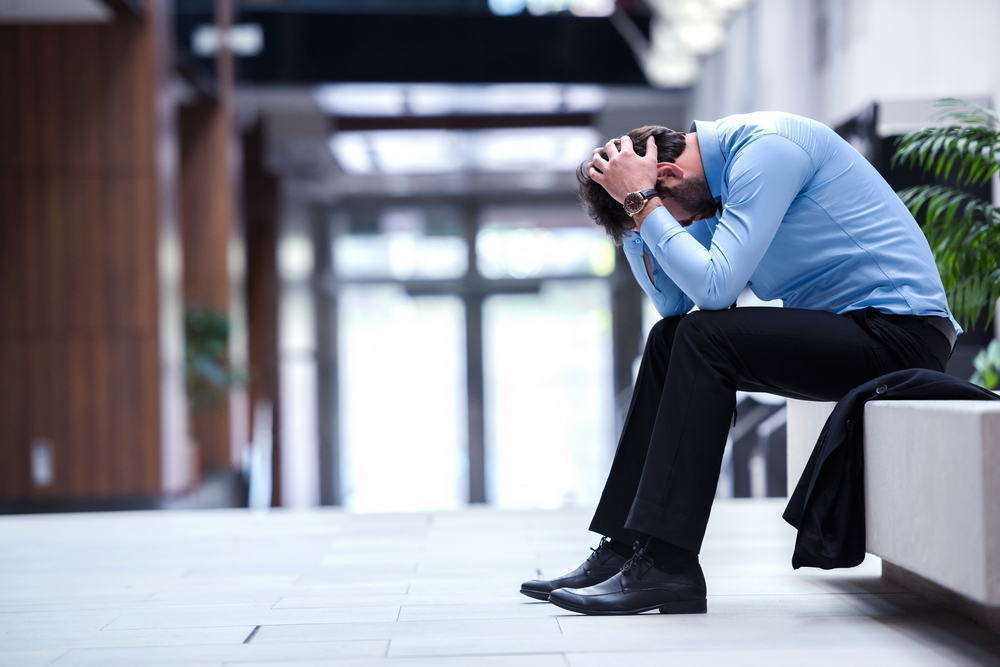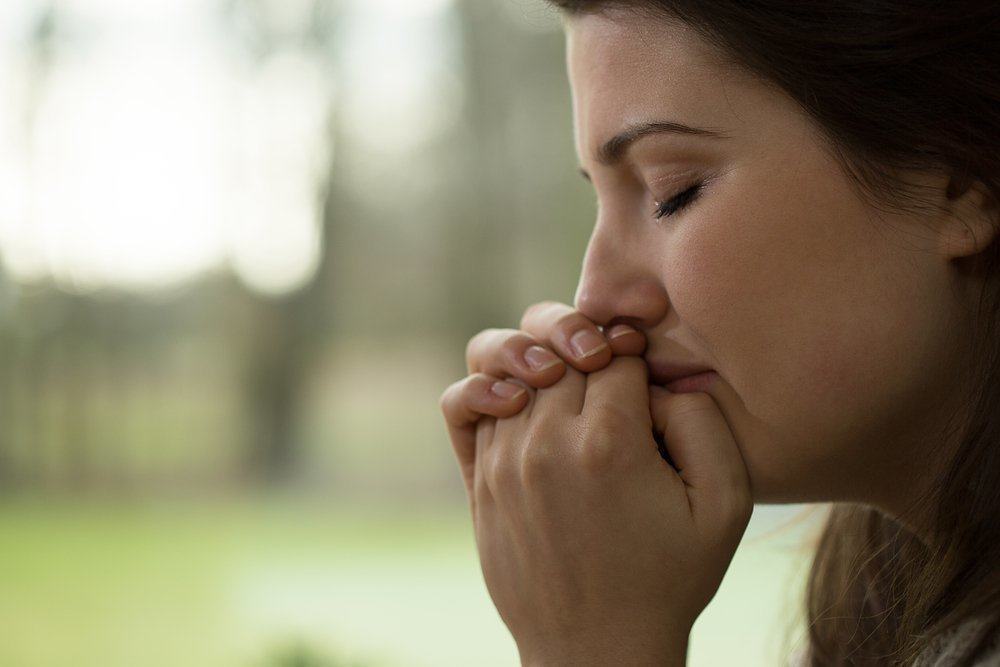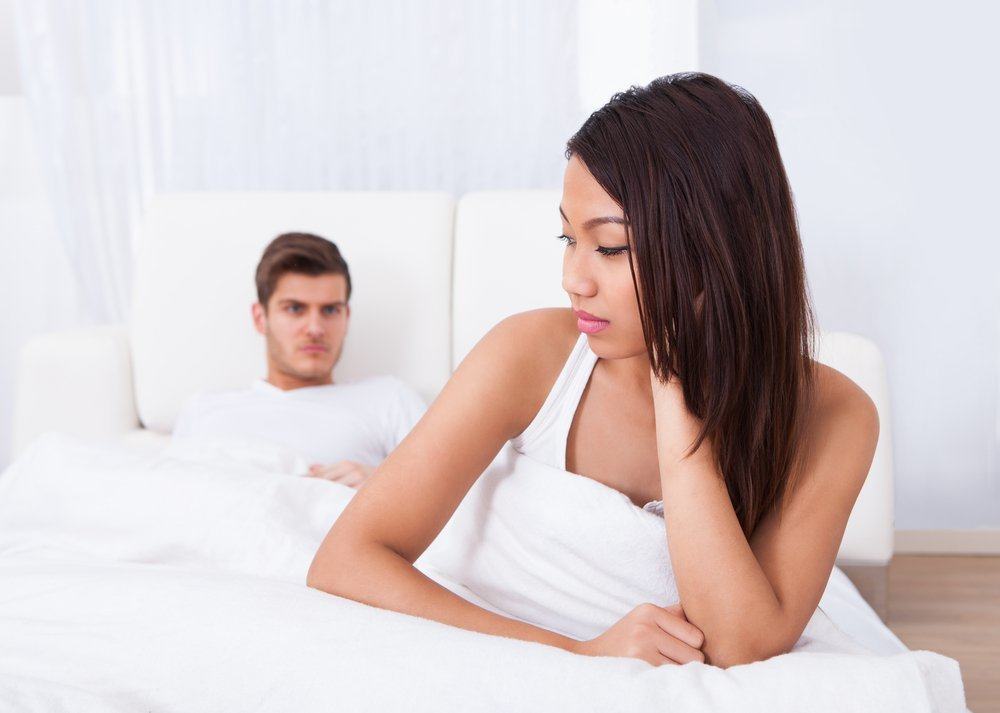Contents:
Medical Video: Receding Hairlines and Baldness : How to Stimulate Hair Growth Naturally
Did you know, humans can experience hair loss 50 to 100 hairs per day? Even though it sounds creepy, hair loss generally won't cause thinning of hair (or even baldness). Because, you have approximately 100 thousand strands of hair on the head and new strands of hair grow at the same time replacing hair loss. Check out the various causes of hair loss from being trivial to serious in this article.
What are the causes of hair loss?
It is true that men are more likely to lose hair than women, mostly because of baldness. However, thinning hair and loss also often occur in women. The causes of hair loss vary greatly, from the simplest ones such as lack of vitamins, to more complex problems, namely signs and symptoms of an illness.
1. Stress
All kinds of physical trauma from severe stress, accidents, after childbirth, drastic weight loss, and serious illness, can be a cause of large amounts of hair loss, even temporarily.
In fact, emotional changes due to divorce, mourning, and work problems can also cause these conditions. In medicine, a problem like this is known as telogen effluvium.
Women who experience telogen effluvium generally notice hair loss six weeks to three months after experiencing severe stress.
The hair life cycle has three important phases, namely the growth period, the rest period, and the period of loss. Severe stress can disrupt the hair cycle, which speeds up hair loss.
The mark can be from the strands of hair falling from the roots (having an antung sac ong oblong like a bulb at the end). This 'bag' means that the hair has gone through the entire growth phase, indicating the cycle has been accelerated due to the effects of stress.
How to handle it?
Hair loss caused by telogen effluvium only takes time. Hair growth will return to normal along with the body's recovery from stress.
Therefore, make sure you avoid everything that can stress you out. Try to always think positively by doing yoga and meditation. The calm effect created by yoga and meditation will help you to think clearly.
In addition, make sure you get enough sleep (approximately 7 hours), drink lots of mineral water, and eat foods rich in protein. Nutrition is an important thing for hair growth.
The relationship between food and hair is very close. Hair is made of a protein called keratin. So, you should increase protein intake.
2. Hair loss due to derivatives
Genetic hair loss is the most common cause of hair loss. Genes can be lowered from one parent, but you have a greater risk of hair loss if both parents experience hair loss.
Women who have genetic hair thinning (androgenetic alopecia) tend to experience thinning in the hairline. Although this condition generally arises around the age of 50-60 years, it does not rule out the possibility that symptoms will begin to arise and develop in the 20s.
In general, every time the hair experiences hair loss, it will be replaced with new hair of the same size. But in this case, each new hair will have an increasingly smooth and thin texture, because the hair follicles shrink and eventually stop growing at all.
How to handle it?
Baldness can be prevented by taking hair growth drugs, although in women, the dose must be minimized. There are two types of drugs that can be used to repair hair loss, namely Minoxidil and Finasteride.
Minoxidil is safe for use by men and women, but reported from the MD website, Minoxidil, seems to be more effective for women who suffer from severe hair loss than men. If Minoxidil is more effective for women, finasteride is a hair loss drug that is widely approved for men.
But before using it, it is important for you to keep asking in advance with your doctor to get the best hair loss medication that suits your condition.
3. Excess vitamin A
Reporting from health.com referring to the American Academy of Dermatology, taking too much vitamin A supplements or certain drugs can trigger hair loss.
How to handle it?
If the cause of your hair loss is due to excess vitamin A, then one effective way to overcome it is to limit and reduce vitamin A intake until it returns to normal.
Before taking vitamin and mineral supplements, you should always pay attention to the contents. Do not choose supplements that contain 5000 IU vitamin A or 1500 micrograms, because these supplements exceed the daily vitamin A adequacy.
It's better to choose a supplement that contains 20% of the needs of vitamin A per day in the form of beta carotene or carotene mixture.
Also read information on nutritional value on packets of foods fortified with vitamin A. Limit foods that contain 50% or more of vitamin A in the form of retinol per serving, you can consume 1-2 times per week. Most importantly, you should first consult a doctor or nutritionist if you want to take vitamin A supplements.
4. Vitamin B deficiency
B vitamin deficiencies are rare, but hair loss due to vitamin B deficiency can also occur. Even so the causes of this hair loss include easy to handle.
How to handle it?
Regularly consume vitamin B supplements, and change your eating patterns and menus with foods rich in B vitamins (meat, fish, corn, potatoes, pumpkin, peas, sweet potatoes), and good non-citrus fruits containing fat, such as avocados and nuts.
5. Protein deficiency
Other causes of hair loss can be because you are on a low-protein diet. Proteins are the body's main building blocks, including hair cells. Too low protein intake can weaken the hair structure and slow down hair growth.
The cause of hair loss due to lack of protein can begin to appear 2-3 months after a decrease in protein intake.
How to handle it?
Based on the Indonesian Ministry of Health's AKG, the standard for protein sufficiency for Indonesian people is around 56-59 grams per day for women and 62-66 grams per day for men. Protein intake is quite easy to obtain, including from fish, meat and eggs.
If you are vegan or vegetarian, fill your protein needs from nuts such as almonds, tofu and tempeh, up to several high-protein fruits and vegetables (avocados, dates, guava, jackfruit, pisan, broccoli, mushrooms, potatoes, sweet corn, and asparagus)
6. Anemia
Nearly 1 in 10 women aged 20-49 years experience iron deficiency anemia. Women who have severe menstrual bleeding or are insufficient for iron will tend to be anemic.
Anemia due to iron deficiency causes extreme fatigue, weak body, and pale skin. You may also experience recurrent headaches, difficulty concentrating, cold palms and feet, and hair loss.
The body needs adequate iron intake to be able to carry oxygen to body cells through the blood, including to the hair follicles. That is why, if you experience anemia due to iron deficiency, your hair will be prone to loss.
Women generally need 18 milligrams of iron every day, while at menopause the need is 8 milligrams per day.
How to handle it?
Iron supplements can help you overcome anemia (look for supplements that also contain biotin, silica, and L-cysteine). In addition, enough iron intake from your daily diet.
Iron is abundant in green leafy vegetables, leeks, cashews, dried fruits, meat, poultry, and fortified cereals and pastas.
For those of you who are vegetarians, fulfill iron intake from spinach. It is recommended to meet iron requirements accompanied by vitamin C, which can help facilitate iron absorption.
You can also take iron supplements if it is very deficient, but after consulting your doctor.
7. Disorders of the thyroid gland
Hypothyroidism is a condition in which the thyroid gland does not work optimally to produce hormones related to metabolism, as well as the growth and development of the body.
While hyperthyroidism is a medical condition in which the production of metabolic hormones is excessive, which causes heart palpitations, diarrhea, irritability, nervousness, skin feels moist, weak muscles, and the expression of eyes that always look shocked.
Hypothyroidism may cause several symptoms, including weight gain without cause, fatigue, constipation, depression, and difficulty concentrating. Hair, skin and nails are easily brittle and broken. Thyroid disorders are more common in women, especially in their 50s.
Both types of thyroid disorders can cause you to experience hair loss.
How to handle it?
Consult with your doctor about treatment that is suitable for your health condition. Your doctor may prescribe thyroid hormone medication to restore hormone levels back to normal.
You may undergo routine TSH testing to ensure appropriate dosage dosing. Once your thyroid hormone levels return to normal, your hair loss will also be strong again.
8. Autoimmune disease
Alopecia areata is an autoimmune disorder in the body where the immune system considers hair as dangerous foreign particles and back attacks the hair follicles. The cause is uncertain, but alopecia areata can be experienced by women and men. Scientists estimate important factors for this disorder include stress.
This condition occurs in three forms. Usually, alopecia areata causes a small bald area on the scalp, more commonly known as pitak, or partial hair loss on the eyebrows, or hair on the legs. Full baldness in the head is called alopecia totalis, while baldness occurs throughout the body called alopecia universalis.
Lupus is a chronic autoimmune disease that causes the body's immune system to attack healthy tissue. This condition affects approximately 1.5 million people worldwide and tends to attack women during pregnancy.
Lupus causes extreme fatigue, headaches, mouth ulcers, and joints that swell and become painful. Many people show reddish rashes shaped like butterflies on the face and become sensitive to sunlight. Many people with lupus also experience hair loss, which may be followed by redness and irritation on the scalp.
How to handle it?
If you are aware of a change in your hair loss, you should consult a doctor for more information about the exact cause of your problem. Autoimmune diseases can be treated with special therapy and treatment under the supervision of a doctor.
9. Polycystic ovary syndrome (PCOS)
PCOS is a disorder of imbalance between female and male sex hormones. Excess androgen hormones can cause cysts in the uterus, weight gain, risk of susceptibility to diabetes, changes in the menstrual cycle, and infertility.
Even PCOS can also be a cause of hair loss. Not only that, PCOS in women can also cause undue hair growth in a number of body parts, such as mustaches and beards.
How to handle it?
PCOS can be treated by taking prescription contraceptive pills containing anti-androgen blocking testosterone. Alternatively, the doctor will prescribe spironolactone which also blocks male sex hormones, cyst removal surgical procedures, or with changes in patterns and healthy lifestyles.
10. Unhealthy scalp
An unhealthy scalp can cause inflammation, making it difficult for hair to grow properly. Skin conditions that can cause hair loss include seborrheic dermatitis, psoriasis, and fungal infections (dandruff)
How to handle it?
Depending on the conditions you experience, treatment will certainly vary. For example, medication shampoo for seborrheic dermatitis and topical or oral medications for psoriasis.
While if the cause of your hair loss is due to a fungal infection (dandruff), then use anti-dandruff shampoo containing zinc pyrithione, salicylic acid, selenium sulfide, ketoconazole, and coal tar.
If you have tried various methods above for more than a month and the symptoms have not improved, you should consult a doctor.
11. Too often use hair heaters
Too often using hair hairdryer and veils can actually damage the nature of hair. Especially if the temperature used is too hot. Because, this tool removes the natural moisture of the hair by reducing its water content.
Finally, the hair is damaged, dry and branched. Not infrequently usehairdryeror bending hair too often and heat can also make hair difficult to grow back.
How to handle it?
To alleviate the side effects of hair styling products, always use a conditioner in the shower and protect the hair before it is laid out using hot equipment with conditioner heat-protectant.
In addition, you should leave your hair dry and try to limit the amount of time to straighten or curl your hair with curves (which contain high heat) at least once a week.
12. Trichotillomania
Trichotillomania can also be a cause of hair loss. Trichotillomania is an impulse control disorder that causes a person to continuously and unconsciously (impulsively) pull out his hair.
This plucked hair is not just hair on the scalp. The reason is, people who experience trichotillomania can also remove eyebrows, eyelashes and other hair.
If not treated, this condition will irritate the scalp and erode the natural protection of the hair which results in baldness in the area of hair that is removed. Trichotillomania is commonly found in women and men.
How to handle it?
Antidepressants are effective enough to overcome this condition, but behavioral control therapy is one of the most effective treatment alternatives.
Please note that trichotillomania is not an abnormality that can be stopped just like that. So, if you feel you have this habit, immediately consult a doctor so you can get further treatment.

